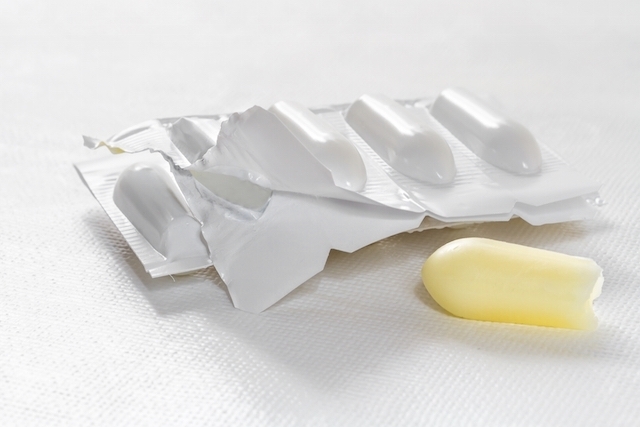The treatment for labyrinthitis depends on the cause that is at its origin and can be done with antihistamines, antiemetics, benzodiazepines, antibiotics and anti-inflammatory drugs, which should be indicated by the otorhinolaryngologist or neurologist and be used according to your guidance.
Labyrinthitis is a term used to refer to disorders related to balance and hearing, in which symptoms such as dizziness, vertigo, headache, difficulties in hearing and frequent fainting are manifested.

Remedies for labyrinthitis
The remedies to treat labyrinthitis should be indicated by the otorhinolaryngologist or neurologist and depend on the symptoms and causes that are at the origin of the problem. Some of the medications that can be prescribed by the doctor are:
- Flunarizine (Vertix) and Cinarizine (Stugeron, Fluxon), which relieve dizziness by decreasing the excessive intake of calcium in the sensory cells of the vestibular system, which is one of the factors responsible for balance, treating and preventing symptoms such as vertigo, dizziness, tinnitus, nausea and vomiting; Meclizine (Meclin), which inhibits the center of vomiting, reduces the excitability of the middle ear labyrinth and, therefore, is also indicated for the treatment and prevention of vertigo associated with labyrinthitis, as well as nausea and vomiting; Promethazine (Fenergan), which helps to prevent nausea caused by movement; Betahistine (Betina), which improves blood flow in the inner ear, decreasing pressure build-up, thus reducing dizziness, nausea, vomiting and tinnitus; Dimenhydrinate (Dramin), which works by treating and preventing nausea, vomiting and dizziness, characteristic of labyrinthitis; Lorazepam or diazepam (Valium), which help to reduce vertigo symptoms; Prednisone, which is an anti-inflammatory corticosteroid that reduces inflammation of the ear, which is usually indicated when a sudden hearing loss occurs.
These drugs are the most prescribed by the doctor, however it is important to have guidance on how to use, as it can vary from person to person and according to the cause that is causing the labyrinthitis.
If the cause of labyrinthitis is an infection, the doctor may also prescribe an antiviral or antibiotic, depending on the infectious agent in question.
Home treatment for labyrinthitis
To perform the home treatment of labyrinthitis, it is recommended to eat every 3 hours, do physical activities on a regular basis and avoid some foods, especially industrialized ones. Learn how to prevent labyrinthitis attacks.
1. Natural remedy
A good home remedy for labyrinthitis that can complement pharmacological treatment is ginkgo biloba tea, which will improve blood circulation and can help fight the symptoms of the disease.
In addition, ginkgo biloba can also be taken in capsules, available at pharmacies and health food stores, but should only be used if indicated by the doctor.
2. Diet
There are some foods that can worsen or trigger a labyrinthitis crisis and should be avoided, such as white sugar, honey, sweets, white flour, sugary drinks, soft drinks, cookies, fried foods, processed meats, white bread, salt, processed foods and beverages. and alcoholic.
What happens is that the salt increases the pressure in the ear, aggravating the feeling of dizziness, while sweets, fats and flours increase the inflammation, stimulating crises of labyrinthitis.
To help reduce ear inflammation and prevent seizures, you can increase your consumption of anti-inflammatory foods, such as vegetables, chia seeds, sardines, salmon and nuts, as they are rich in omega 3. Discover a list of foods anti-inflammatory drugs.












